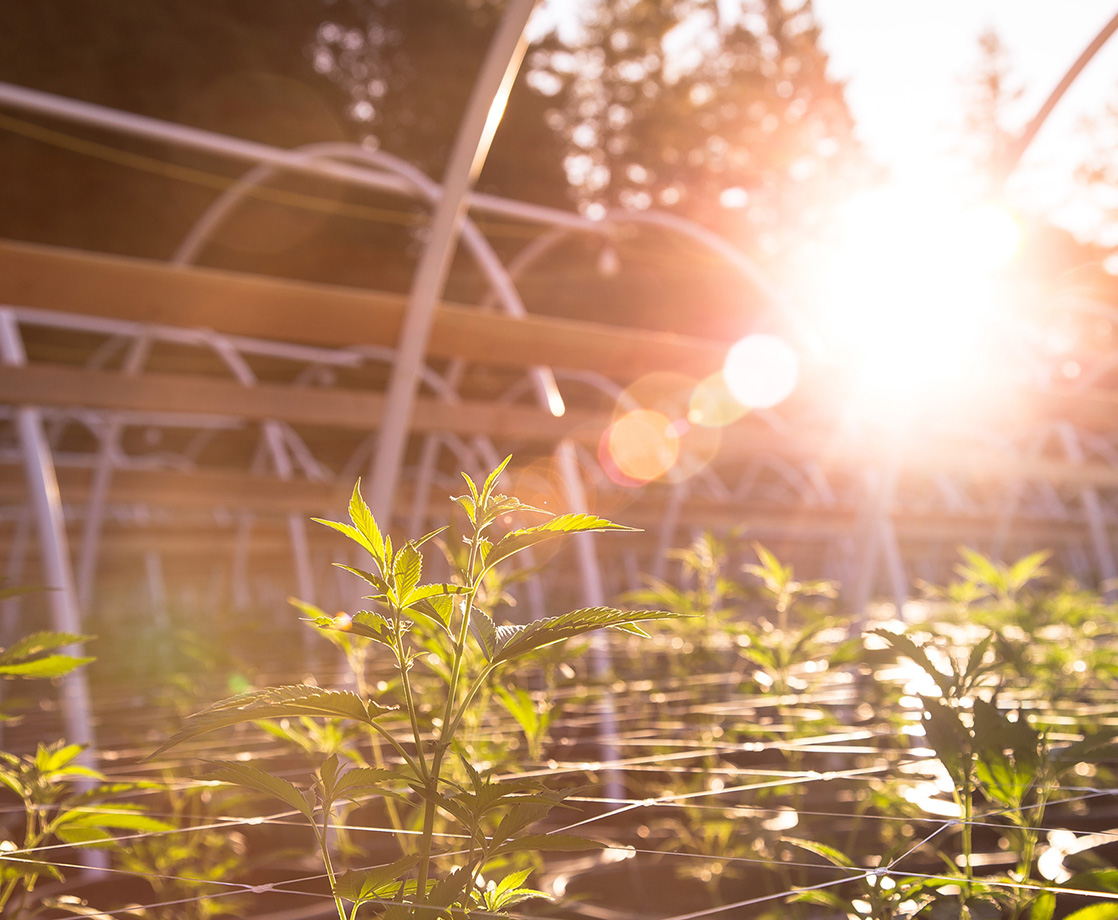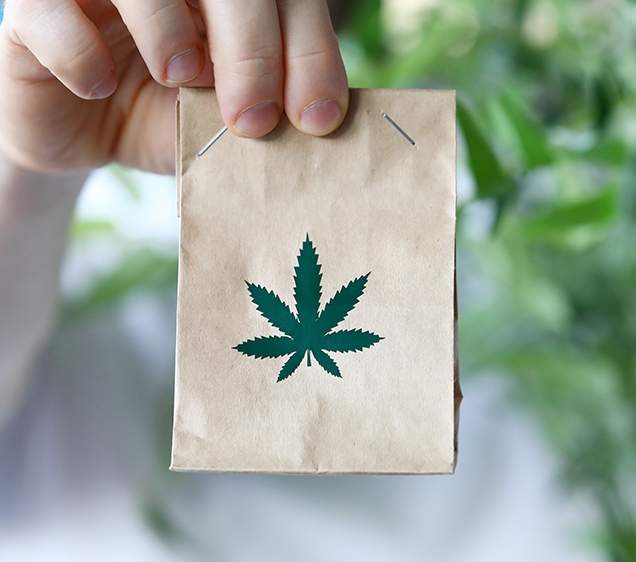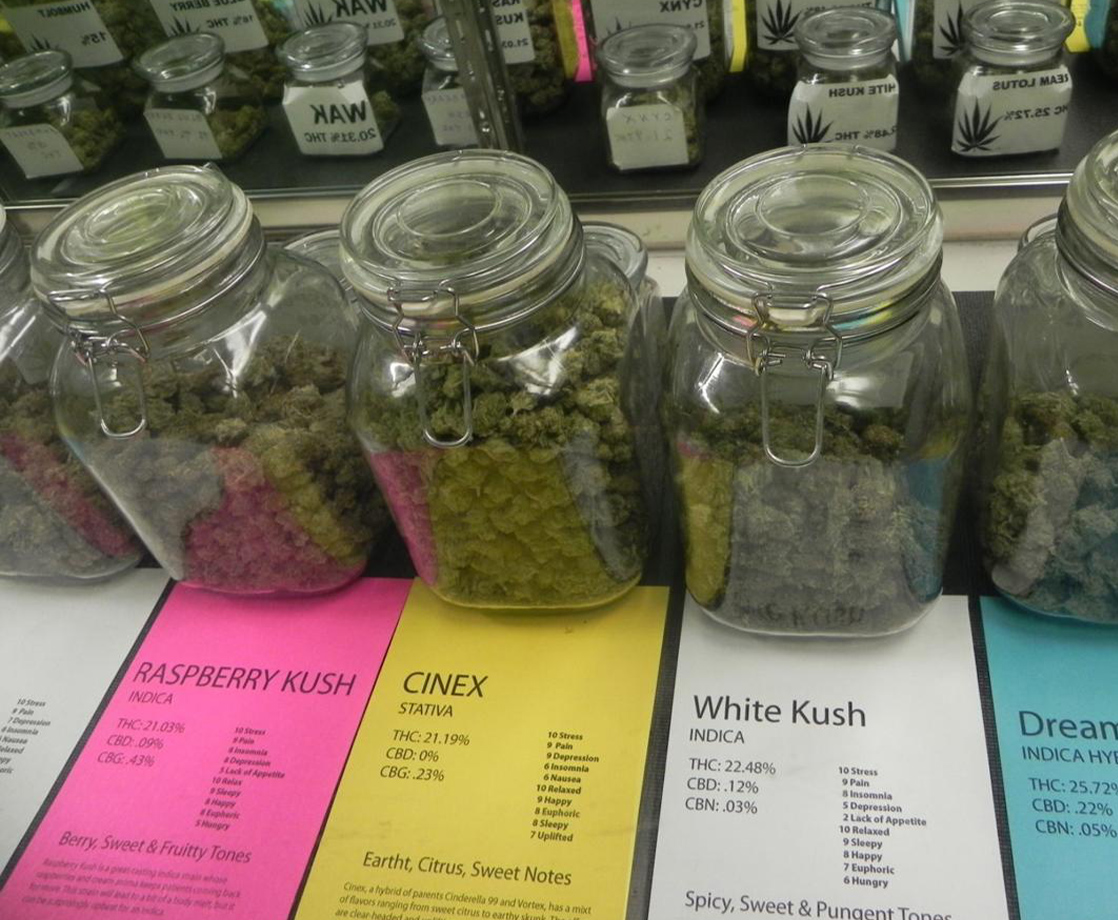As the start date for legal recreational weed in Canada looms near, cannabis startups are scrambling to acquire ample real estate to grow enough weed to satisfy the impending demand. Brokerage firm Jones Lang LaSalle Canada estimates that the eight largest cannabis cultivators in the country will need more than 8 million square feet of space by 2020, according to Bloomberg. On top of this, there are more than seventy other canna-businesses ramping up to sell legal weed this year, all of which will require industrial space for their operations.
The rapid growth of this new industry will put pressure on the country's industrial real estate market, which was already booming before talks of legalization materialized. The rate of industrial vacancies fell to 3.9% last year, the lowest rate since 2001, and rents have been increasing by as much as 15% around the country. American canna-businesses in legal states have also faced soaring rents, with Colorado growers paying almost 10 times the going industrial real estate market rate, and Oregon growers paying as much as four times the going rates.
With rents soaring and space at a minimum, companies will need to get creative in order to secure enough space to grow their product. This week, one of the country's largest cannabis firms flew 100,000 young cannabis plants from Ontario to British Columbia to kickstart production at what is being called the largest cannabis production facility in the world. This new facility is run by BC Tweed Joint Venture Inc., a partnership between Canadian cannabis giant Canopy Growth and a B.C.-based greenhouse operator.
These young cannabis plants were harvested in Canopy Growth's grow-op in Ontario before being flown into Vancouver International Airport this week under heavy security. The plants were then transferred to the new facility in armored cars, where they will mature in greenhouses formerly used to grow bell peppers. This new cultivation facility covers 30 acres, or 1.3 million square feet, and is designed to grow 350,000 cannabis plants, which can produce tens of thousands of pounds of flower annually.
"This will be even bigger than the end of prohibition of alcohol, because we have so many more people, acceptance, and technology," Gaurav Mathur, research manager at Jones Lang LaSalle Canada, said to Bloomberg. "Canada has a long runway of growth up ahead."











